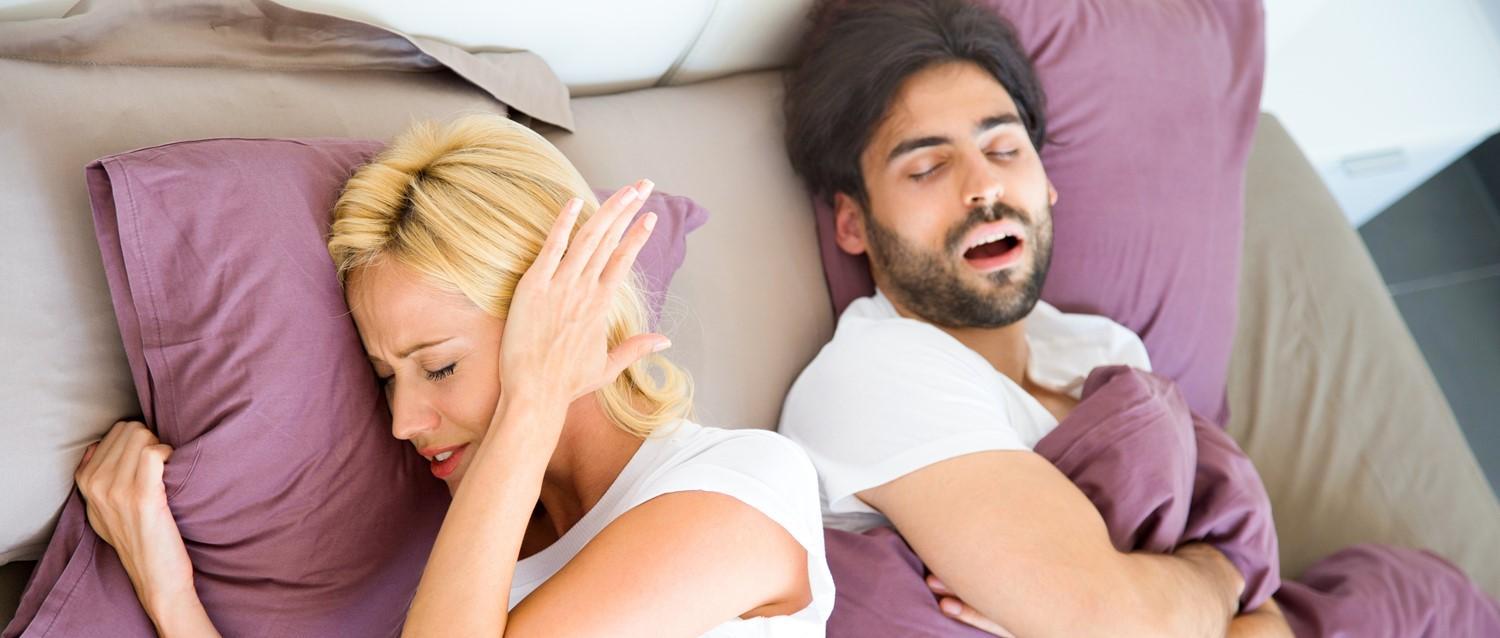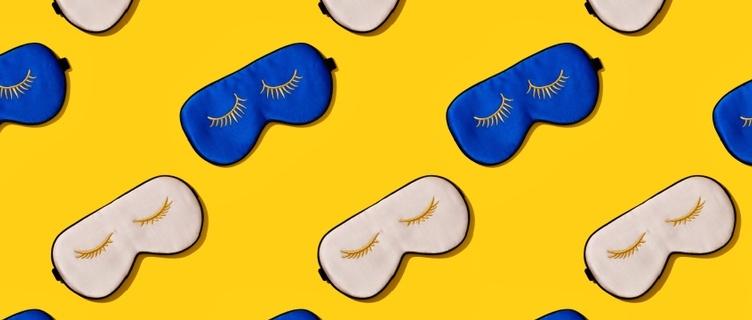
How to stop snoring wrecking your sleep and your relationship
Peer reviewed by Dr Hayley Willacy, FRCGP Authored by Dr Sarah Jarvis MBE, FRCGPOriginally published 15 Apr 2018
- DownloadDownload
- Share
Two in five of us snore - and the rest of us may be kidding ourselves! Surveys suggests that more men than women snore, although strangely enough there's a suspicion that women may just be less willing to admit to it.
In this article:
Continue reading below
What is snoring?
Snoring is just noisy breathing, caused by the soft tissues of your nose or upper airways vibrating when you're drowsy or asleep. Anything that partly blocks those airways, or makes them more floppy and prone to collapsing down on each other, increases your risk of snoring.
Patient picks for Relaxation and sleep

Healthy living
How to fall asleep fast: 5 simple methods for speedy sleep
If you're struggling to sleep, you're not alone. Here are some popular methods to help you unwind and snooze off faster.
by Victoria Raw

Healthy living
Sleep debt calculator
Open the sleep debt calculator.
by Patient infomatics team
What problems can it cause?
Snoring might prove to be detrimental to your marriage but luckily, in most cases, it isn't seriously harmful to health. There are a couple of exceptions though.
It's easy to joke about but sometimes snoring is more than a nuisance. If you're a regular snorer, and particularly a loud snorer, you may well have a condition called obstructive sleep apnoea. In this condition, you stop breathing for 10 seconds or more in your sleep, and wake up briefly each time you stop breathing.
Perhaps not surprisingly, this leads to sufferers feeling chronically tired in the daytime, even if they aren't aware of waking. This condition is definitely more common in men, as well as in people who are overweight and middle-aged. They tend to be very loud snorers, and the condition is often diagnosed by their partner, who lies awake waiting for them to start breathing again. Fortunately, it usually responds well to treatment.
So if you think you or your partner might have obstructive sleep apnoea, do speak with your GP, particularly if the following applies:
You wake up gasping in the night regularly.
Your partner says you stop breathing during the night.
You are feeling too tired or sleepy during the day to do the things you need to do, like work or driving safely.
Your snoring is really affecting your partner or your relationship.
Continue reading below
Snoring solutions
Otherwise, simple lifestyle measures can make a difference and improve the situation for you and your partner.
Good oral health
Dentist and breath specialist Dr Harold Katz comments: "As well as the inevitable nuisance to snorers and their families alike, snoring also has a damaging impact on our oral health. Some of the most common mouth-related complaints of Britain's 15 million snorers include dry mouth, sore throat and morning breath. The good news is that these conditions can be managed successfully by adopting a robust oral hygiene regimen."
He reveals that the best plan of action is to brush, floss and rinse regularly but steer clear of alcohol-based mouthwashes that can further contribute to dry mouth.
Exercise regularly
Regular exercise to help you lose weight can also help. People who are overweight or obese are much more likely to have airways narrowing.
Get help for allergies
A blocked nose also makes you a prime candidate - your chemist can advise about strips to put over the bridge of your nose, which may help, or you can talk to the pharmacist or GP about a nasal spray if you suffer from hay fever or allergic rhinitis, which makes your nose blocked and itchy.
Sleep on your side
Your airways are also more likely to get blocked if you sleep on your back. It's worth investing in a special pillow or bed wedge to encourage sleeping on one side. If all else fails, a tennis ball could be your best ally. Seriously! Place two or three tennis balls into a pocket on the back of a t-shirt. This will make it too uncomfortable for you to sleep on your back.
Ditch the nightcap
Taking sleeping tablets or drinking alcohol before going to bed tends to make snoring worse because they relax the soft tissues of the upper airways.
Stop smoking
And, as if you needed any other excuse to stop smoking, guess what - giving up the evil weed could cure your snoring!
Article history
The information on this page is peer reviewed by qualified clinicians.
15 Apr 2018 | Originally published
Authored by:
Dr Sarah Jarvis MBE, FRCGPPeer reviewed by
Dr Hayley Willacy, FRCGP

Ask, share, connect.
Browse discussions, ask questions, and share experiences across hundreds of health topics.

Feeling unwell?
Assess your symptoms online for free